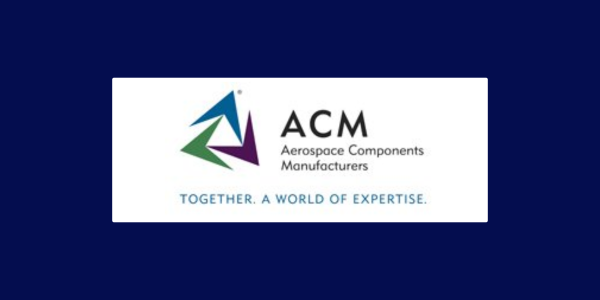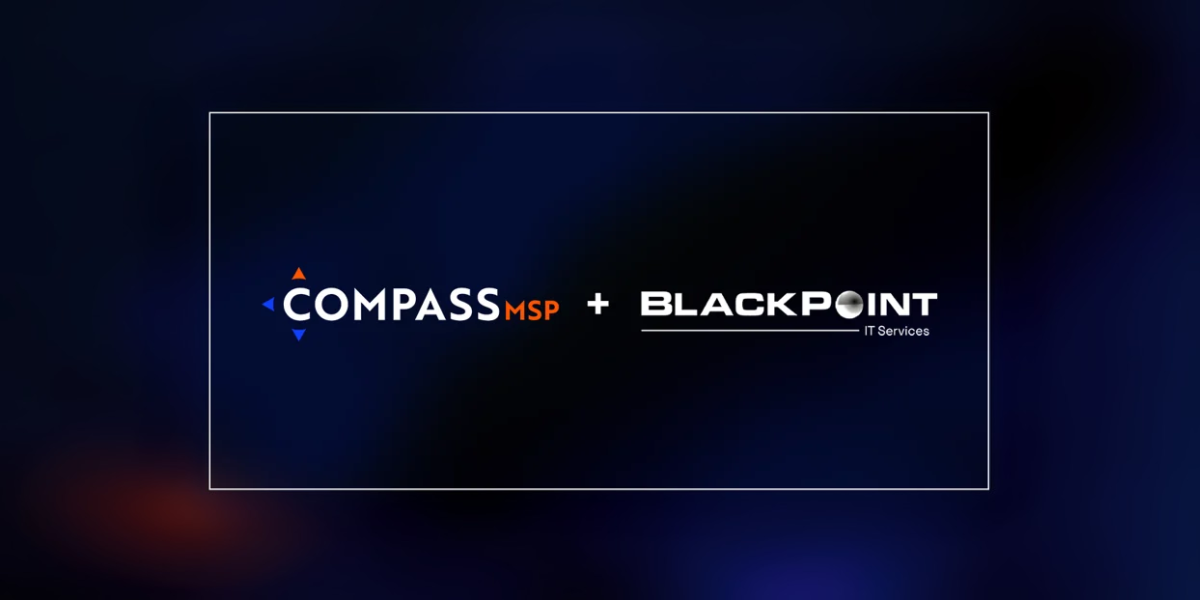Small and mid-sized businesses working with the Department of Defense must comply with strict cybersecurity regulations. The Cybersecurity Maturity Model Certification (CMMC) sets these standards to protect Controlled Unclassified Information (CUI) and Federal Contract Information (FCI). Businesses that fail to meet these requirements may lose valuable contract opportunities. Understanding how CMMC compliance works has become critical to remaining competitive in the defense industrial base. CMMC compliance requirements underwent significant changes with the issuance of the final rule in December 2024. Organizations must prepare now to align with updated federal cybersecurity expectations.
What Is CMMC Compliance?
CMMC compliance means adhering to Department of Defense cybersecurity rules designed to safeguard sensitive government data. The model draws from NIST SP 800-171 and 800-172 frameworks depending on the required maturity level. Contractors handling Controlled Unclassified Information (CUI) must meet more rigorous controls than those handling only Foreign Counterintelligence (FCI). Certification is obtained through either self-assessments or third-party audits, depending on the level.
The current structure includes three tiers: Level 1 (Foundational), Level 2 (Advanced), and Level 3 (Expert). Each level builds on the previous one in both practice and assessment rigor. Level 1 permits annual self-attestation for 17 controls, as outlined in FAR 52.204-21. Levels 2 and 3 require more extensive audits and cybersecurity documentation.

Organizations can retain certification for three years once approved, provided they affirm compliance annually. Documentation must remain current, and the company must address security gaps by official remediation timelines. Conditional acceptance is allowed under strict deadlines for completing Plans of Action and Milestones. Failing to meet those requirements may result in revoked eligibility for defense contracts.
Maintaining certification demands proactive cybersecurity governance across policies, procedures, and technical safeguards. Organizations must continuously monitor security performance and assess compliance against evolving requirements. Training, internal audits, and vendor oversight remain essential to sustaining certification. Leaders should treat CMMC as an ongoing commitment, not a one-time task.
Who Needs CMMC Compliance?
Any business under contract with the Department of Defense that handles Controlled Unclassified Information (CUI) or Foreign Counterintelligence (FCI) must achieve the corresponding CMMC level. Requirements extend throughout the supply chain, including subcontractors who support prime contractors. Even organizations that do not work directly with the government may still be subject to these rules. Working with defense contractors often triggers the exact cybersecurity expectations.
Engineering, manufacturing, IT, logistics, and consulting firms supporting DoD programs must prepare for certification. Companies storing sensitive drawings, email correspondence, or logistics schedules tied to defense efforts are considered in scope. Only vendors providing commercial off-the-shelf products with no access to protected information are exempt from this requirement. For most others, compliance is non-negotiable.
International businesses doing work with the U.S. Department of Defense must also comply with CMMC. Location does not remove the requirement if U.S. government data is accessed or processed. Security expectations remain high regardless of where the systems are hosted. Cross-border collaboration must not introduce unnecessary risk to federal data assets.
Early certification puts businesses at a competitive advantage ahead of contract deadlines. Many prime contractors now require compliance evidence from subcontractors before signing teaming agreements. Failing to meet even Level 1 standards can exclude small vendors from critical defense programs. Investing in certification now protects the long-term viability of your contracts.
Understanding Recent Changes in the CMMC Final Rule
The final rule published in December 2024 made several critical updates to the CMMC framework. All contractors must now be certified before the contract award, rather than after the project launch. This shift removes prior leniency that allowed companies to catch up during performance. Requirements are enforced earlier and more strictly than before.
Level 2 certification now mandates assessment through a certified third-party organization (C3PAO) unless the contract includes only low-risk FCI. Independent assessments include documentation reviews, system walkthroughs, and staff interviews. C3PAO teams must meet minimum qualifications and follow strict procedures. The process can take several weeks to complete.

Assessment frequency differs by level, with Level 1 relying on annual self-attestation. Level 2 must be assessed every three years with yearly affirmations in between. Level 3, designed for the most sensitive data environments, includes direct DoD evaluations. All organizations are required to report progress in the Supplier Performance Risk System (SPRS).
Provisional Plans of Action and Milestones may allow for some flexibility, but time limits are firm. Organizations must close gaps within 180 days and demonstrate a long-term strategy to maintain compliance. Delayed remediation or incomplete documentation will result in the disqualification of future contract eligibility. Certification becomes a continuous process, not a deadline-driven event.
How to Achieve and Maintain CMMC Compliance
Successful compliance begins with a readiness assessment to understand existing security gaps. Companies must compare current practices against the control list for their target CMMC level. Internal policies, asset inventories, incident response plans, and staff training records must be documented thoroughly. Gaps should be prioritized based on risk and remediated before official assessment.
Smaller organizations without internal compliance teams may benefit from engaging experienced CMMC consultants. External support helps map controls, develop required policies, and validate system security configurations. Partnering with specialists also improves audit preparation and response planning. Teams gain access to best practices and proven templates.
Once compliant, organizations must continue monitoring their environments to maintain certification. Change management, vulnerability scanning, and log review processes help maintain system security between assessments. Scheduled internal audits and training refreshers reduce human error and improve response capabilities. Documented updates should be kept in alignment with ongoing compliance expectations.
Investing in CMMC compliance improves overall cyber readiness and reduces the chance of future breaches. Security controls that protect DoD data also protect internal business operations. Clients, partners, and regulators recognize certified organizations as more trustworthy. Certification creates both operational and reputational advantages in an increasingly regulated environment.
Secure Your Contracts, Strengthen Your Cybersecurity
CMMC compliance is no longer optional for businesses in the defense industrial base. Certification ensures access to government contracts, reduces cybersecurity risk, and strengthens business continuity. Preparing early protects your company from costly delays and missed opportunities. Ongoing investment in cybersecurity improves both contract eligibility and resilience.
CompassMSP offers tailored compliance and security solutions designed for small and mid-sized businesses working in the defense sector. Our team provides assessments, remediation planning, and ongoing support to help you meet and maintain CMMC requirements. Contact CompassMSP today to start your CMMC readiness journey with expert guidance.






